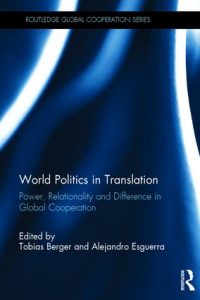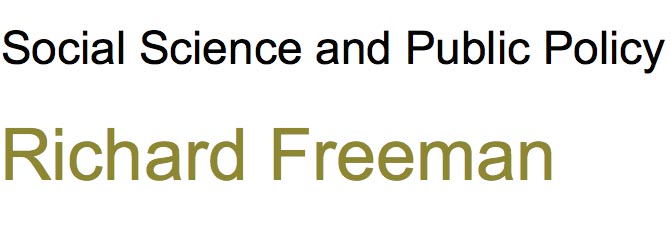 Policy makers and commentators refer readily to ‘the European project’, as though Europe itself were a project. But what would it mean to take this term seriously, to develop the account of European governance it seems to suggest? This chapter begins on the ground, in the everyday understanding of the project as an organizational form, taking as case material the Framework Programmes of DG Research. In thinking about them, it turns first to the idea of assemblage and then to the concept of translation, meaning the ways in which the elements of a project, such as people, materials and technologies, are made to fit together and hold together over time. Using this frame to think then about the development of policy, the chapter explores aspects of mental health work in Europe, undertaken by the Commission in collaboration with WHO. It suggests that translation might be assessed in terms of alignment: the project mobilizes people, materials and organizations, but it mobilizes them in relation to each other. Sometimes it succeeds in doing so and sometimes it fails: in this way, the analytics of the project begin to account for the unpredictable and non-linear development of what it is we call Europe.
Policy makers and commentators refer readily to ‘the European project’, as though Europe itself were a project. But what would it mean to take this term seriously, to develop the account of European governance it seems to suggest? This chapter begins on the ground, in the everyday understanding of the project as an organizational form, taking as case material the Framework Programmes of DG Research. In thinking about them, it turns first to the idea of assemblage and then to the concept of translation, meaning the ways in which the elements of a project, such as people, materials and technologies, are made to fit together and hold together over time. Using this frame to think then about the development of policy, the chapter explores aspects of mental health work in Europe, undertaken by the Commission in collaboration with WHO. It suggests that translation might be assessed in terms of alignment: the project mobilizes people, materials and organizations, but it mobilizes them in relation to each other. Sometimes it succeeds in doing so and sometimes it fails: in this way, the analytics of the project begin to account for the unpredictable and non-linear development of what it is we call Europe.
Source: Freeman, R (2018) ‘Europe in translation: governance, integration and the project form’, in Berger, T and Esguerra, A (eds) World Politics in Translation. Power, relationality and difference in global cooperation, London: Routledge
